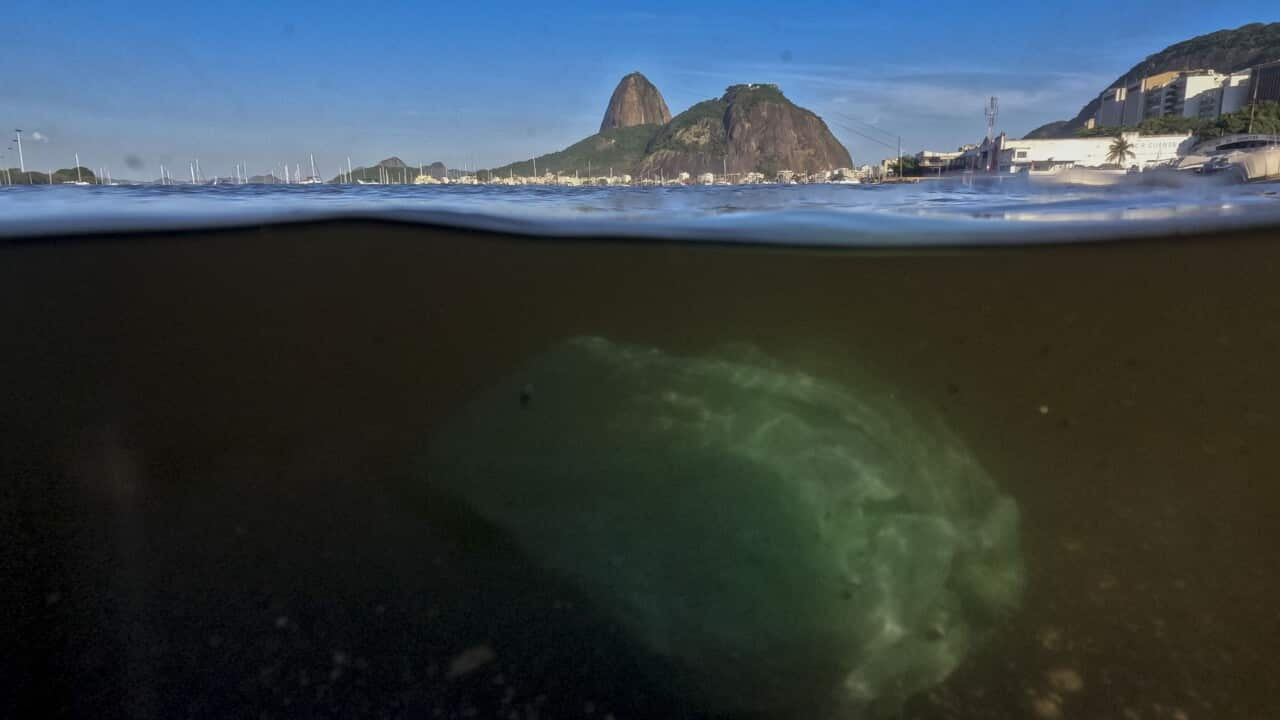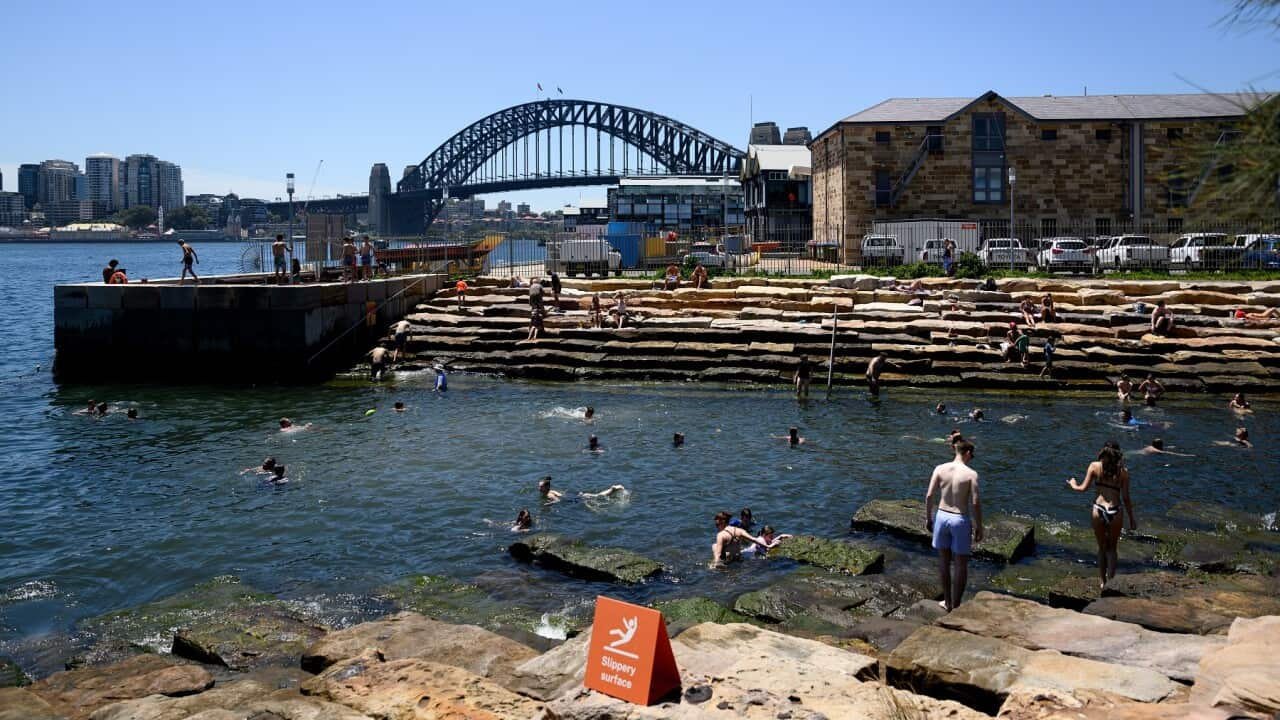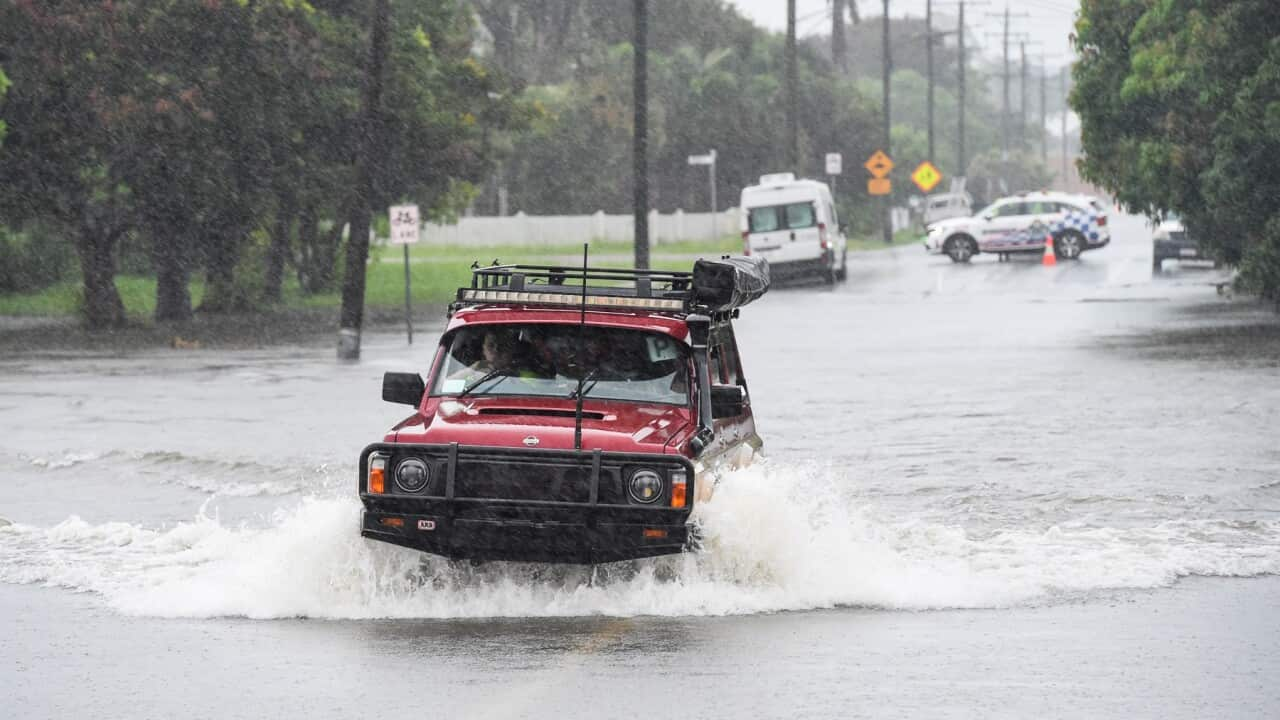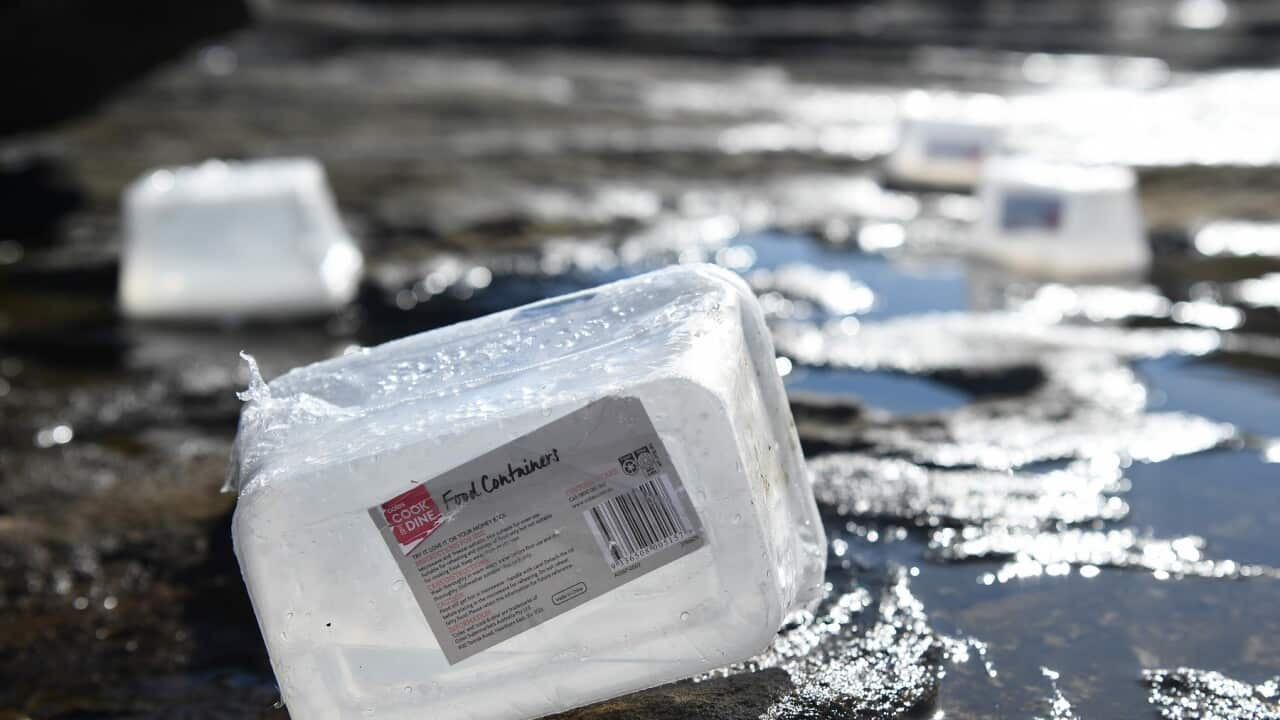TRANSCRIPT:
The world has a plastic problem.
So says the Chair of the Intergovernmental Negotiating Committee, Luis Vayas Valdivieso.
"Plastic pollution is not just an unsightly nonsense, but an urgent and insidious threat to ecosystems, economies and human health."
The reason for the pollution is bound up in the sheer scale of production.
450 million tonnes of plastic are made every year, and that's on track to double or triple by 2040.
The Organisation for Economic Co-operation and Development ((OECD)) says only nine per cent of plastic waste is recycled, and 22 per cent is mismanaged.
The Executive Director of the UN Environment Programme - Inger Andersen - says that means plastic is everywhere - from the deepest parts of the ocean to the summit of Mount Everest - and inside nearly all life, including humans - even babies.
"It's drowning in this stuff. I happen to be living in Nairobi, Kenya, and unfortunately, we are seeing an extensive use of single use plastic which often will end up in the environment, and with the hundreds of millions of tons that we produce, we have massive leakage into the open environment."
But though it's taken years, global leaders are now trying to make changes.
In 2022, United Nations members unanimously agreed to tackle the growing challenge through a global plastics treaty.
Inger Andersen says they now have until Monday [[December 2]] to land the deal.
"The world wants an end to plastic pollution. The world needs an end to plastic pollution. And I ask you to deliver this instrument this week that puts us on the road for just that, for thousands of days, months and years to come."
Delegates from 175 countries are in the South Korean city of Busan to negotiate the treaty terms.
But the permanent secretary of Fiji's Ministry of Environment and Climate Change, Sivendra Michael, says the discussions have been deliberately slowed down.
"There's a lot of procedural niceties that are being played out by those countries that do not want to have constructive engagement, and the allowance of such interventions that focus purely on the procedural niceties or the technicalities, is really a delay technique that is used by many that have ammunition loaded in their back pockets to try and deter this entire process."
More than two-thirds of governments support the treaty's overarching goal to tackle plastic pollution.
Opposing it are a group of nations led by Iran and Saudi Arabia, known as the "like-minded" or low ambition group, backed by plastics and petrochemical lobbyists—reportedly the largest contingent at the talks.
The ambassador for the European External Action Service for Climate and Environment, Anthony Agotha, says the treaty isn't about banning plastic completely.
"This is not about demonising plastic. We love plastic. It helps our cars and planes to be lighter but we got to get rid of the polluting plastic that is basically choking the oceans and ruining our health."
But environmental groups, including Kate Noble from the World Wide Fund for Nature Australia, say bold measures are needed, including:
"Global rules around banning and phasing out the most polluting and harmful single-use plastic products. Creating a set of rules around product design, to make sure that products are reusable repairable recyclable and can be safely managed at the end of their life. Ability to strengthen this treaty over time. And they include a financial package, so that all countries can fulfil their obligations under the treaty."
Australia is leading finance negotiations and is part of what's called the "high ambition coalition".
The Pacific Islands, among the hardest hit by pollution, are driving the push for production caps.
Mr Michael says an agreement on that will be crucial.
"This is a Pacific position and I would like to acknowledge the leadership of Cook Islands of putting together and leading that conversation among the Pacific states, to put an ambitious target of 40% reduction by 2040."
It's understood China, the largest producer, is among countries that oppose caps, while the US, the second largest, recently backed them—though it's uncertain if support will continue under a new Trump administration.
Host country South Korea, while a major producer, is also in the high ambition group.
Han Min Young is South Korea's Director for Climate Change, Energy, Environment and Scientific Affairs.
She says Korea stands ready to work with all member states to foster consensus.
"Korea remains steadfast in its commitment to a legally binding agreement that addresses the full life cycle of plastic from production and consumption to waste management."
The full draft text containing 32 articles has been tabled - but key issues from production caps to definitions remain unresolved.
And developing nations are determined to stand their ground.
They'll continue campaigning for binding, non-voluntary measures and appropriate penalties, to make sure the treaty is strong enough to tackle what the UN Secretary General calls an existential crisis.
Mr Michael says that means a final agreement will likely come down to the wire.
"If we are like COP 29 where we went straight for 33 hours without proper rest, then we might do this out of exhaustion rather than like a very constructive engagement. Our fear is we cannot be compromised into a situation where the text is not ambitious enough, and the text does not reflect the ambition that is required to actually deliver on outcomes that are very much needed to curb the plastic crisis."













